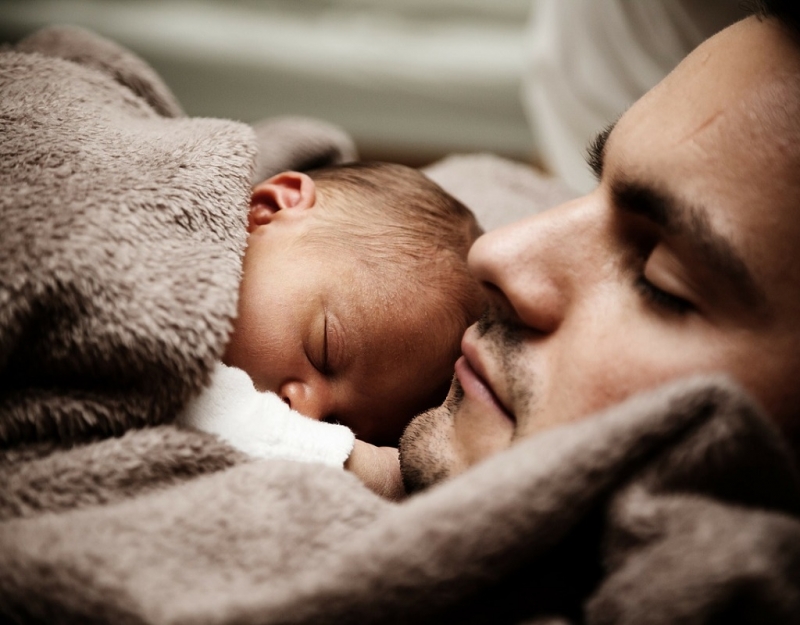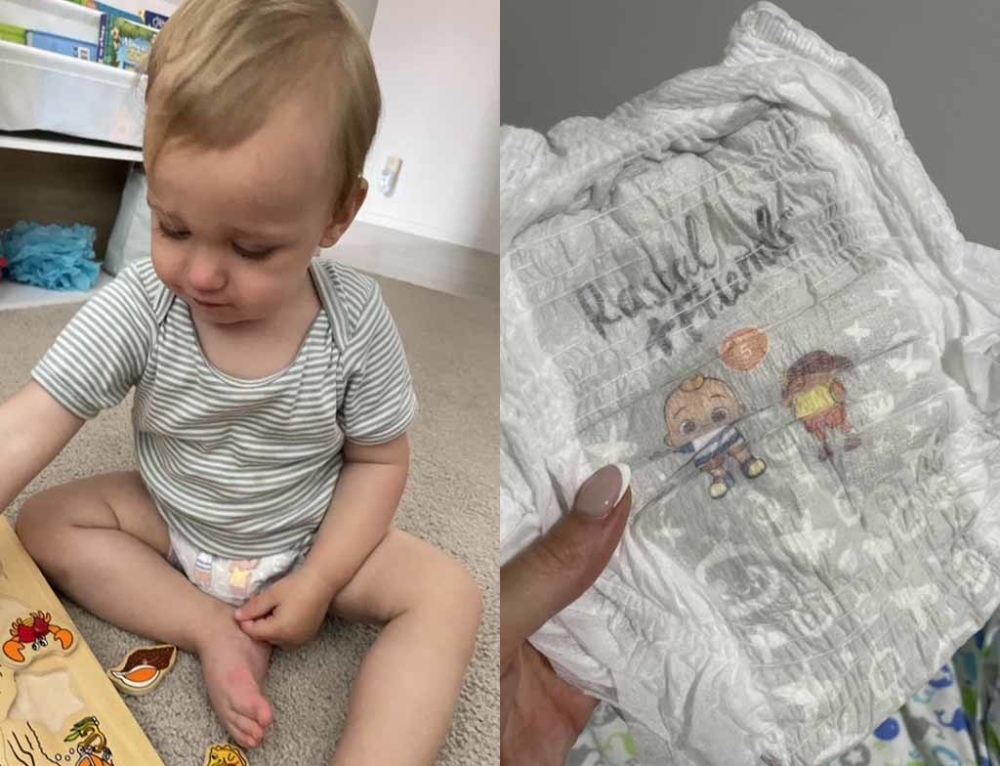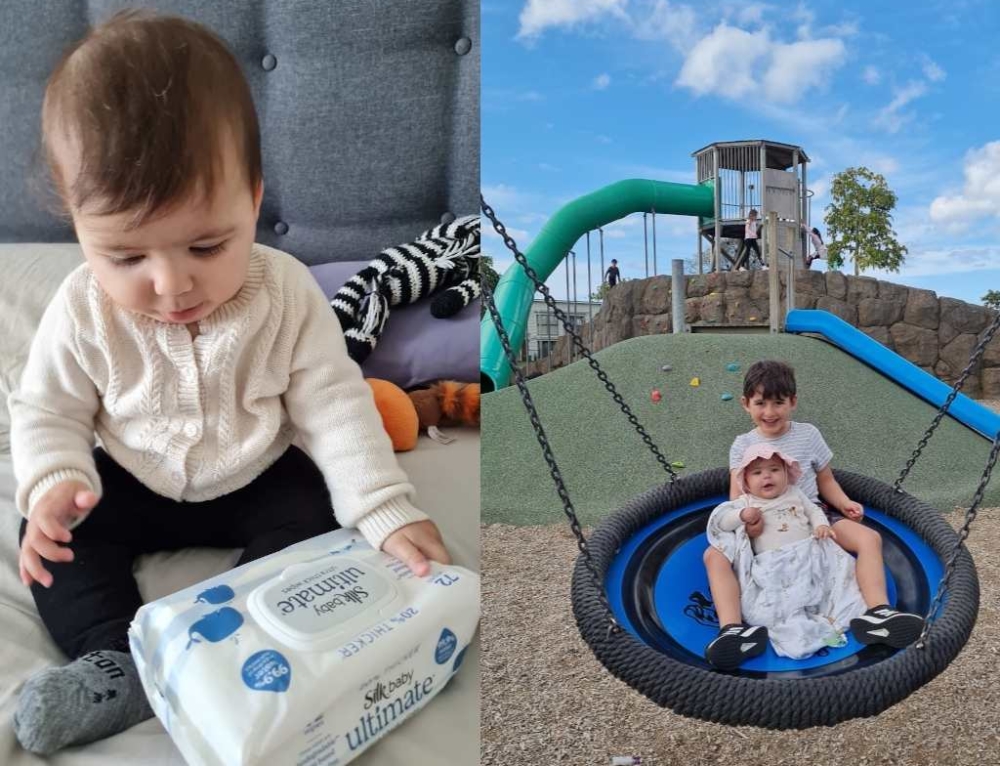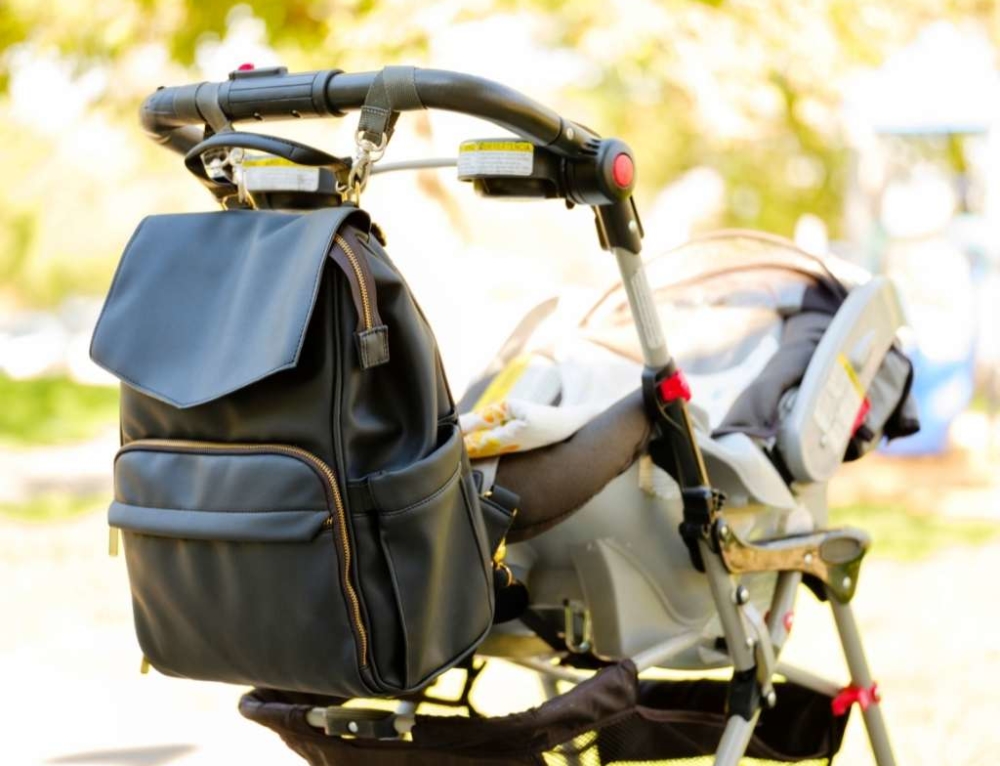Finally, your baby’s arrived – now what? Well, in the first few weeks after birth, your newborn will sleep much of the time, often waking two or three times during the night for a feed (more often for premature bubs). In the early days, it’s easy for parents to feel sleep deprived, so try and snooze at the same time as your baby to keep your energy levels up.
A day in the life
While the vast majority of grown-ups have a daily routine, it’s not something your newborn baby is familiar with. Not yet able to discern night from day, a newborn has time for little more than sleeping and feeding. Baby experts recommend getting to know your baby in these first early days, as opposed to setting down a strict routine – it’s all about learning your baby’s patterns, which then go on to form the basis of a loose routine.
How often does a newborn feed?
At birth, your newborn’s stomach is the size of a marble, which is why tiny babies need to feed so often. It’s completely normal for a newborn baby to feed eight or 12 times in a 24 hour-period during the first few weeks.
How much does a newborn sleep?
A newborn might only stay awake for around an hour, or an hour and a quarter, each time they wake – and feeding may take up much of that! Don’t worry, though, as the days go by your bub will soon be able to stay awake longer with mum and dad!
When does a newborn need to sleep?
Long before they can talk, a baby has their own tired signs that tell their carers they’re ready for a snooze. Here are some of the most common tired signs:
- Yawning
- Jerky movements
- Becoming quiet, not wanting to play
- “Grizzling” or fussing
- Rubbing their eyes
- Making a sleepy sound
- Crying
- Pulling faces
- Clenched fists
- Waving arms and legs about
An OTT house can lead to overtired tot
If your house is a social hub with a constant stream of visitors, it may be easy to miss your baby’s tired signs. Do this at your peril! As your baby gets more alert and overtired, it’ll be even harder to get your bub to sleep. If overtiredness happens, you’ll get to know the heart-rending ‘waaaaah waaaaah’ cry of an over-stimulated newborn. By keeping an eye on tired signs, you’ll stop these overtired frenzies happening.
Look after yourself, too
With a new baby in the household – and many mums recovering from c-sections and stitches, it’s vital that you take care of yourself, too:
- Accept any offers of help – home-cooked meals, leg massages – bring them on!
- Get some ‘me-time’, and book in an enjoyable hour every so often with your partner, spouse or friend
- If you’re feeling down or irritable most of the time, talk it over with your midwife, plunket nurse or GP







Leave A Comment
You must be logged in to post a comment.